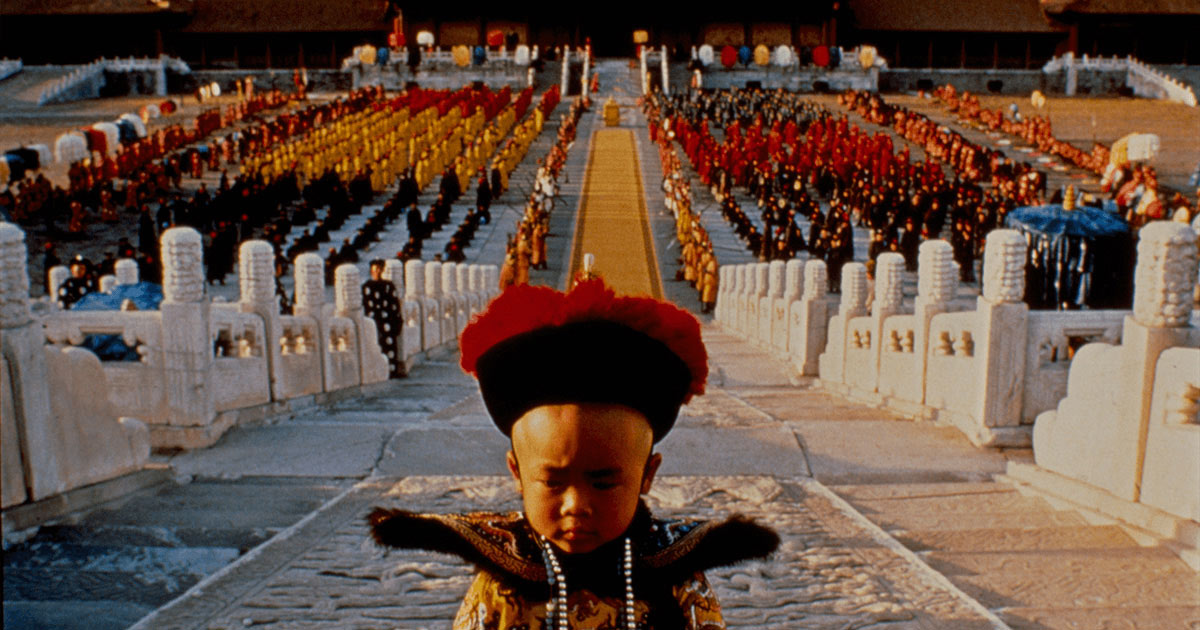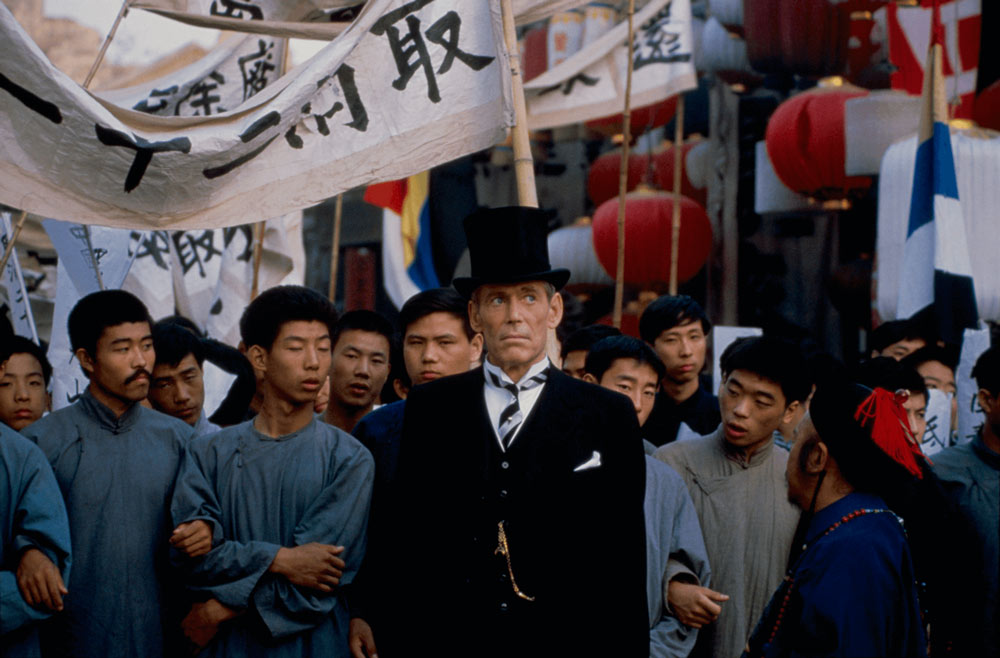
©Recorded Picture Company
Bertolucci and Storaro, the Italians who created the Chinese historical blockbuster “The Last Emperor”
2018.01.09
“The Last Emperor” synopsis
1950. Among the Chinese war criminals who were released from five years of internment in the Soviet Union and repatriated was the last emperor of the Qing Dynasty, the Xuantong Emperor Aixinjuoro Puyi. Although Puyi assumed the position of emperor of the Qing Dynasty at the age of just three, he was forced to live a lonely life amidst the storm of modernization. A gem of a masterpiece that depicts his turbulent life to the fullest, from his ascension to the throne until after the Cultural Revolution!
Index
- Historical blockbusters and movie directors
- Why Italian Bertolucci created a Chinese historical masterpiece
- Master Vittorio Storaro successfully shot the Forbidden City on location, which was extremely difficult.
Historical blockbusters and movie directors
There are times when we grow up to worry about things that we didn't even think about when we were children. Words in movies are one of them. ``Why do they speak English?'' - Why is English used so casually in historical dramas about ancient Rome and movies about Christ? German soldiers, Asians, and sometimes even Japanese people speak English fluently in American-funded movies. However, as I continue to watch movies, I begin to accept these questions.
The language used in "The Last The Last Emperor" (1987), which depicts the bizarre life of Aixinjueluo Puyi, the last emperor of the Qing Dynasty, is English, as it is a historical drama on a grand scale, and is aimed at the global market. I can imagine that English was inevitably chosen because it would be impossible to produce without it. This is probably why there are so many Chinese-Americans among the main actors.
However, the director, Bernardo Bertolucci, is Italian, and hearing that English, Italian, and Chinese were spoken frequently on set makes me wonder what the point is in being particular about language. The film also features large locations in mainland China, including the Forbidden City, but the interior scenes are shot on sets built at Cinecittà, an Italian film studio. Even though the film was filmed 7,000 kilometers away from China, the turbulent times in China are unmistakably alive in the movie, so it seems like differences in race and language are just trivial issues for the movie. It's coming.

“The Last Emperor” ©Recorded Picture Company
This style is reminiscent of American movies of the past. From the late 1950s to the early 1960s, Hollywood studios were in decline and the golden age was a thing of the past. Even so, American films continued to be made with the lifeline of 70mm historical blockbusters. This was not done in Hollywood either, but at film studios all over Europe, including Cinecittà. Cinecitta produced Ben-Hur (1959) and Cleopatra (1963), while the studio in Madrid, Spain produced El Cid (1961) and 55 Days in Beijing (1963). , ``The Fall of the Roman Empire '' (1964) was being filmed there. Of course, all of these works are in English.
Also, among the directors of these films are Joseph L. Mankiewicz , Anthony Mann , and Nicholas Ray , who are also in the same league with Bertolucci in that they directed historical blockbusters that were different from their previous filmography. It reminds me of the relationship in The Last Emperor. However, unlike many of these directors, whose career as a film director was interrupted or ended by being tossed around by unfamiliar historical blockbusters, Bertolucci's career was interrupted or ended by making historical blockbusters with which he was not familiar. The play was brilliantly created in mainland China and Cinecitta, and won the major categories at the 60th Academy Awards, including Best Picture, Best Director, Best Cinematography, Best Adapted Screenplay, Best Editing, Best Sound Recording, Best Costume Design, Best Art Design, Best Original Score. did.
Why Italian Bertolucci created a Chinese historical masterpiece

